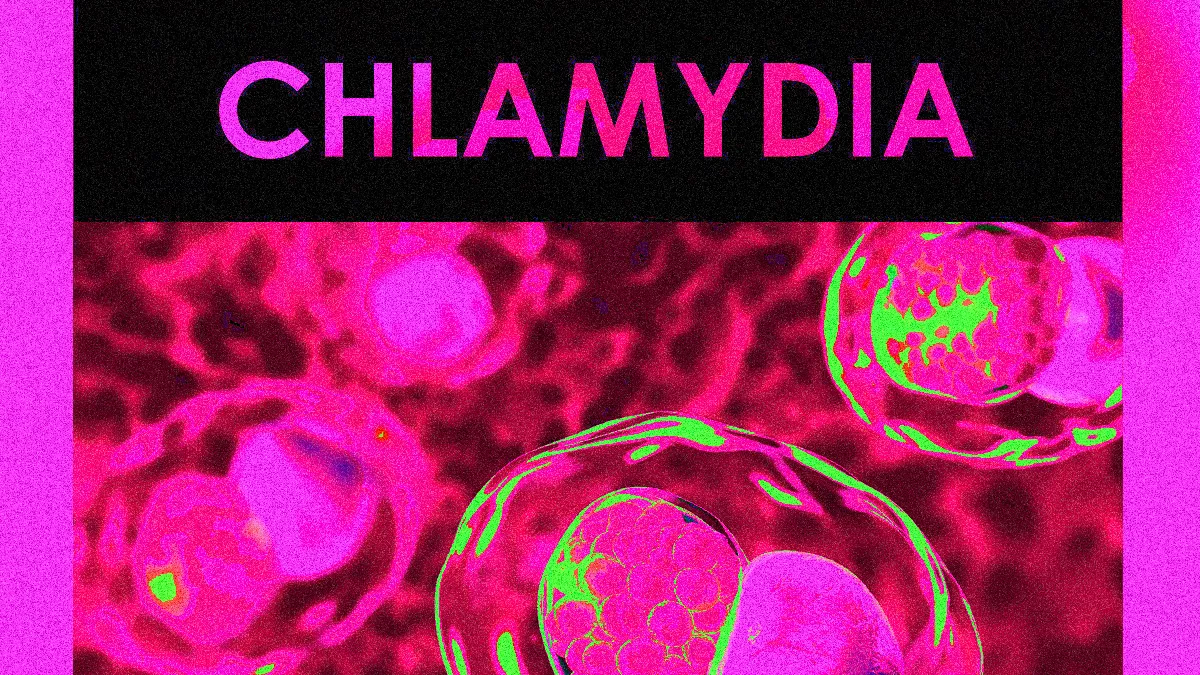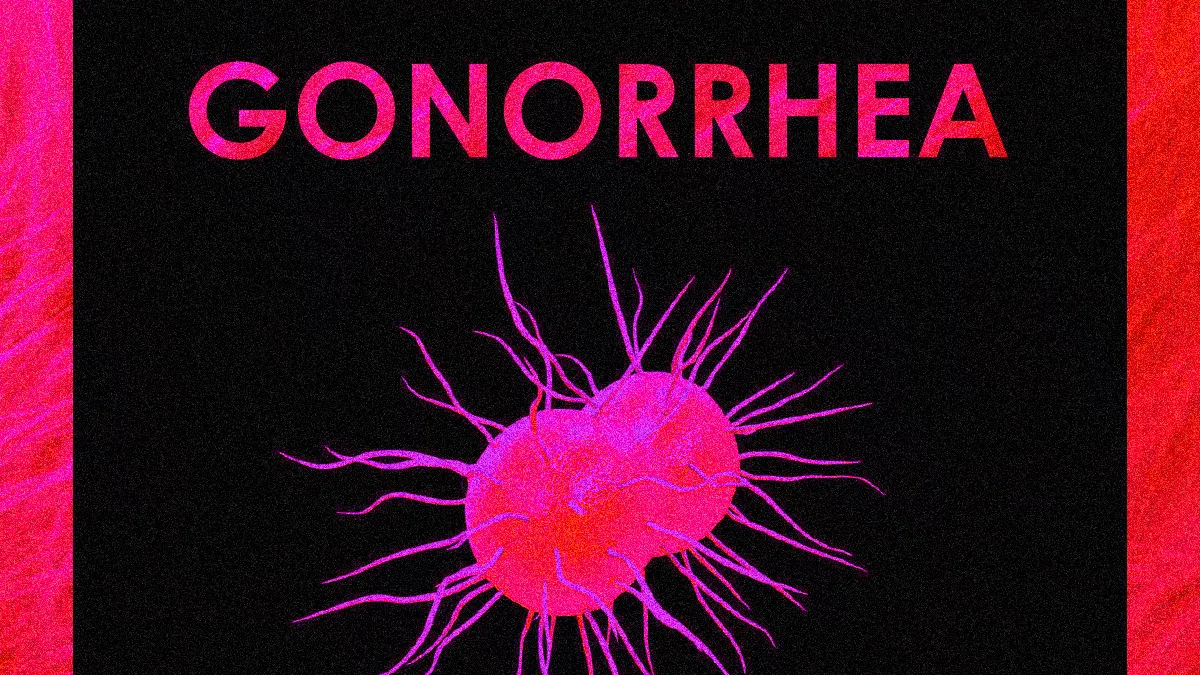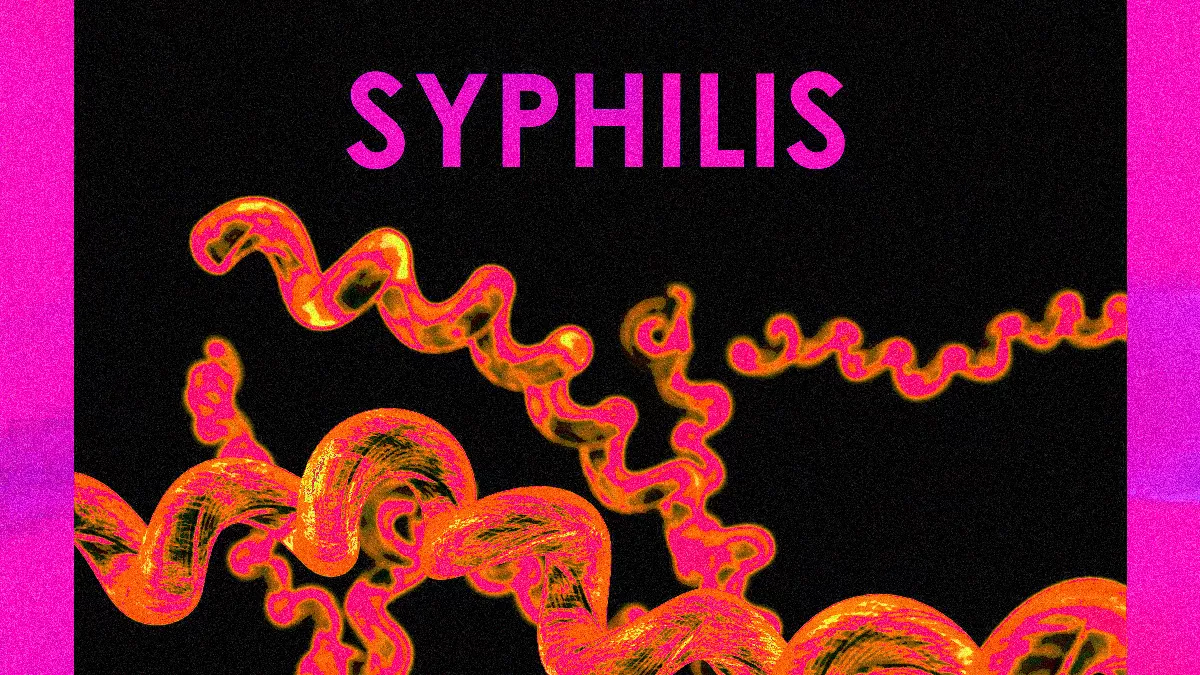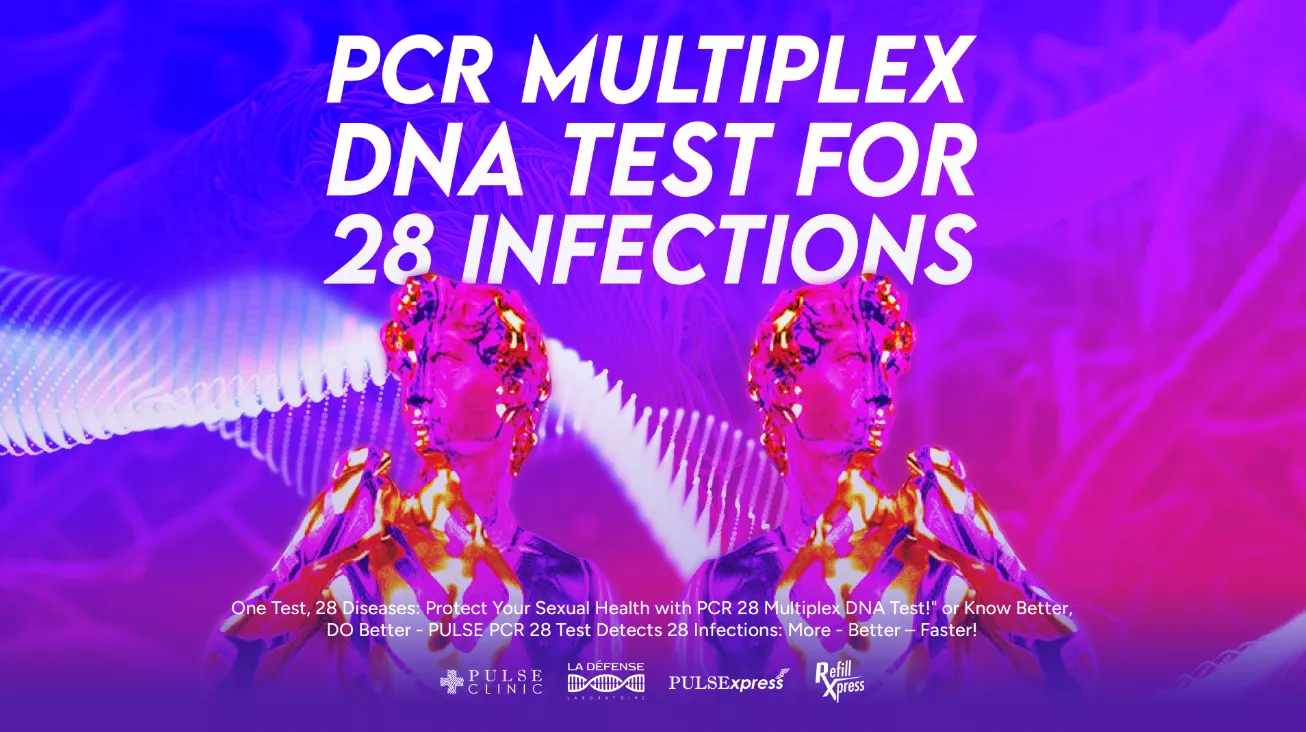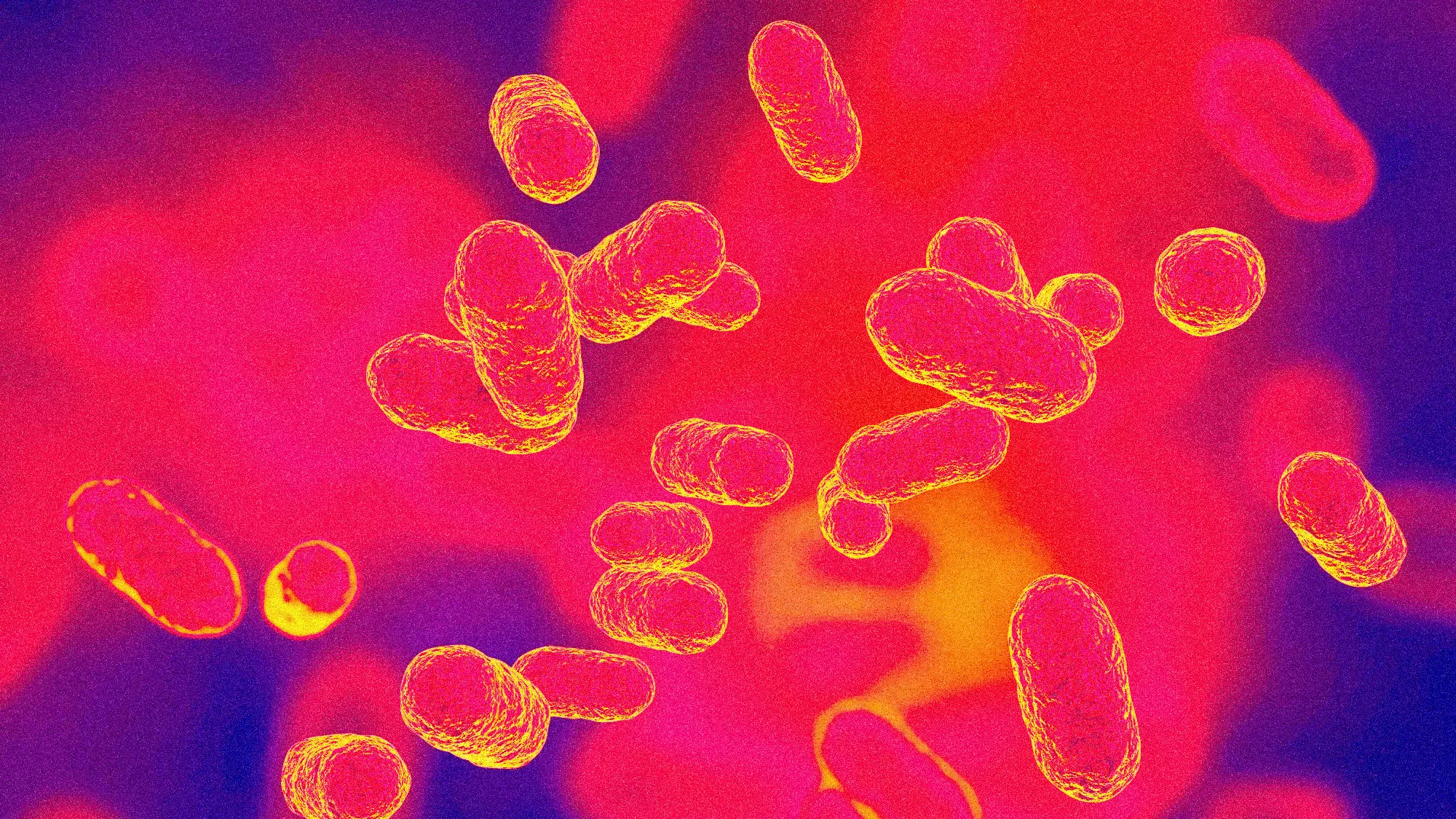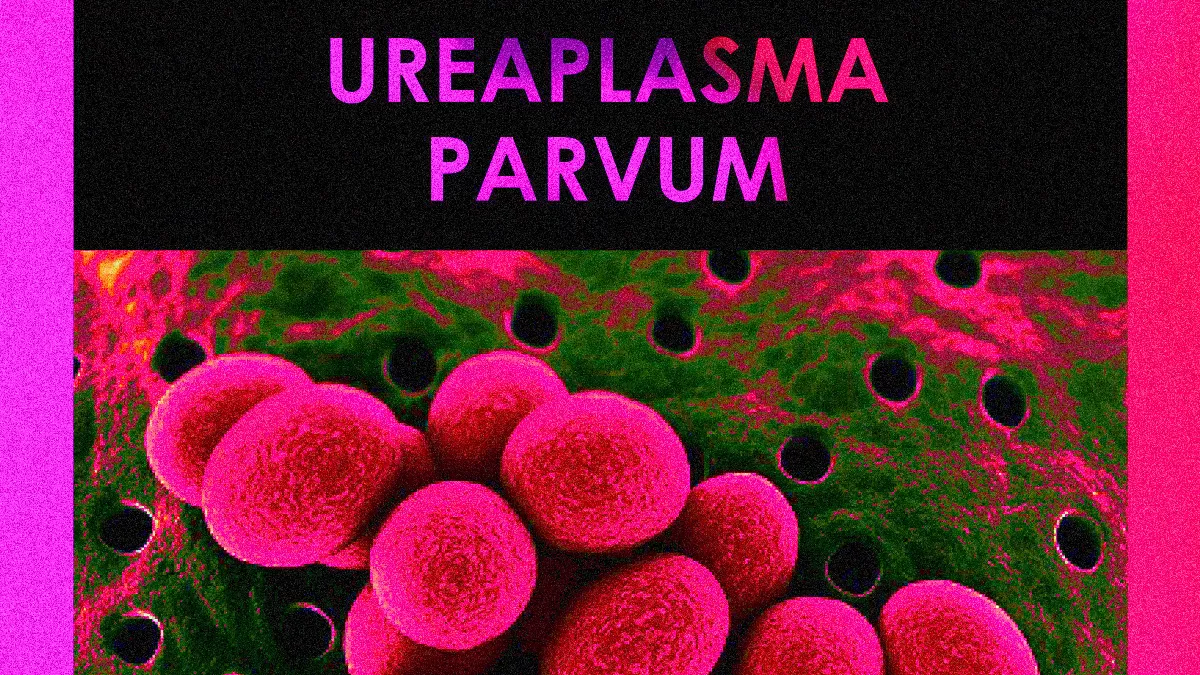Candida lusitaniae (CL) Infection - Symptoms, Complication, Testing and Treatment
2668
Candida lusitaniae is a yeast that can cause infections, particularly in immunocompromised patients. Learn about its risks and treatment strategies.
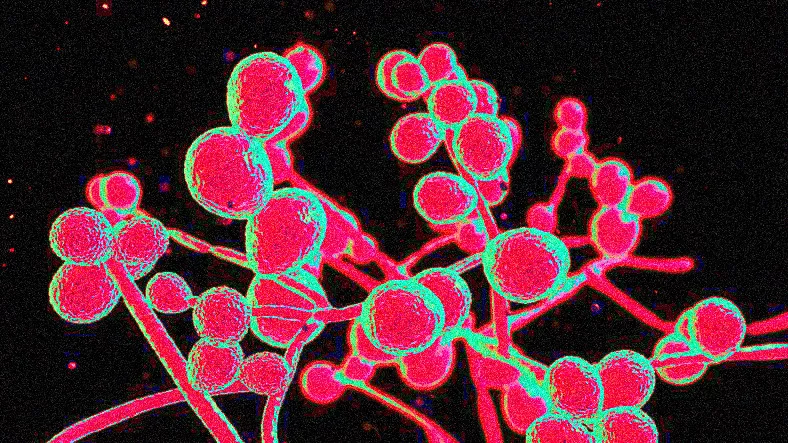
Overview of Candida lusitaniae infection
Candida lusitaniae is a type of yeast that has become increasingly problematic as an opportunistic pathogen in recent years. While it is not as common as other Candida species, its prevalence is rising, particularly in healthcare settings. What makes C. lusitaniae concerning is its resistance to certain antifungal drugs, which makes treating infections more challenging. To effectively manage and prevent the spread of this emerging fungal pathogen, it is crucial to understand its clinical characteristics and risk factors and develop better diagnostic methods and treatments.
Candida lusitaniae is an emerging opportunistic pathogen that poses a growing threat in candidiasis, particularly in healthcare settings. Its increasing prevalence and resistance to antifungal therapies make it a challenging organism to manage and treat. Understanding the clinical manifestations, risk factors, and improving diagnostic methods are crucial for effectively controlling the spread of this emerging fungal pathogen. Further research and development of new diagnostic techniques and treatment options are necessary to address the challenges posed by C. lusitaniae infections.
Get Tested and Treated for Candida Lusitaniae (CL) at PULSE Clinic
Contact us at info.bkk@pulse-clinic.com or chat on your preferred platform:
![]() +66 65 237 1936
+66 65 237 1936  @PULSEClinic
@PULSEClinic ![]() PulseClinic
PulseClinic
How are Candida lusitaniae transmitted
Candida lusitaniae is primarily transmitted through person-to-person contact and medical procedures. However, no evidence suggests that Candida lusitaniae is sexually transmitted. Let's explore these aspects in more detail:
Person-to-person transmission: Candida lusitaniae can spread from one person to another through direct contact. This type of transmission is more commonly observed in healthcare settings, especially in situations where patients are near each other, such as in intensive care units. In healthcare settings, the yeast can be transmitted through contaminated hands, medical equipment, or environmental surfaces. Strict adherence to infection control practices, such as proper hand hygiene and disinfection protocols, can help reduce the transmission of Candida lusitaniae and other pathogens.
Medical procedures: Candida lusitaniae can be introduced into the body during invasive medical procedures or the use of indwelling medical devices, such as catheters. These procedures provide opportunities for the yeast to enter the bloodstream or colonize specific sites, leading to infections. Proper sterilization techniques and aseptic procedures are essential in preventing the transmission of Candida lusitaniae in healthcare settings.
It's important to note that Candida lusitaniae is part of the normal microbiota found in various human tissues, including the oral cavity, respiratory tract, and genital tract. However, it typically does not cause infections in healthy individuals with intact immune systems. In individuals with weakened immune systems or specific risk factors, such as immunocompromised patients or those receiving prolonged antibiotic therapy, Candida lusitaniae can cause opportunistic infections.
Is an Candida lusitaniae sexually transmitted infection
While Candida species, including Candida albicans, can be associated with sexually transmitted infections, there is no evidence to suggest that Candida lusitaniae is sexually transmitted. The transmission of Candida lusitaniae occurs primarily through person-to-person contact and medical procedures, as discussed above.
It's important to follow proper hygiene practices, maintain a healthy immune system, and seek medical attention if you experience symptoms suggestive of a Candida infection.
Window Period of Candida lusitaniae Infection
Typical Duration: The window period for Candida lusitaniae infections can vary significantly depending on several factors:
Immune Status: Individuals with weakened immune systems, such as those with HIV/AIDS, cancer patients receiving chemotherapy, or organ transplant recipients on immunosuppressive therapy, may experience symptoms more quickly than immunocompetent individuals.
Site of Infection: The location of the infection plays a significant role in symptom onset:
- Bloodstream Infections: Symptoms may arise within a few days to weeks following exposure, often presenting as systemic symptoms such as fever and chills.
- Other Infections: Infections in other areas, such as the respiratory tract or urinary tract, may take longer to manifest.
Individual Factors: Each person's overall health, medical history, and other underlying conditions can influence how quickly symptoms develop.
What are the symptoms of Candida lusitaniae infection
The symptoms of a Candida lusitaniae infection can vary depending on the site of infection and the individual's overall health. Here are some common symptoms associated with Candida lusitaniae infections:
Fungemia (bloodstream infection): In cases of bloodstream infection, symptoms may include fever, chills, rapid heart rate, low blood pressure, and general malaise. Systemic infections caused by Candida lusitaniae can be severe and may lead to complications if not treated promptly.
Peritonitis is the inflammation of the peritoneum, the membrane lining the abdominal cavity. Symptoms can include severe abdominal pain, tenderness, fever, nausea, and vomiting.
Urinary tract infections: Candida lusitaniae can cause urinary tract infections, leading to symptoms such as frequent and painful urination, cloudy or bloody urine, lower abdominal pain, and a strong urge to urinate.
Meningitis: In rare cases, Candida lusitaniae can cause meningitis, which is the inflammation of the membranes surrounding the brain and spinal cord. Symptoms may include severe headaches, neck stiffness, fever, confusion, sensitivity to light, and nausea.
Other localized infections: Candida lusitaniae can also cause localized infections in various body sites, including the respiratory tract, vagina, skin, and wounds. The symptoms will depend on the specific location of the infection. For example, respiratory infections may present with cough, chest pain, and difficulty breathing, while vaginal infections may result in itching, abnormal discharge, and discomfort.
It is important to note that symptoms can vary and may overlap with other infections or medical conditions. If you are experiencing any concerning symptoms, it is best to consult a healthcare professional for an accurate diagnosis and appropriate treatment.
Trust PULSE CLINIC to take care of your health like other 45000 people from over 130 countries. We provide discreet professional service with high privacy. Here to help, not to judge.
PCR Test for Candida lusitaniae
PCR is a lab technique to find and multiply specific parts of DNA. It detects Candida lusitaniae, a yeast that causes infections, especially in people with weak immune systems. A sample is taken from the affected area, like blood or swab to diagnose the infection.
Treatment for Candida lusitaniae infection
The treatment for Candida lusitaniae infection typically involves antifungal medications. However, it's important to note that treatment should be individualized and based on the severity of the infection, the patient's overall health, and any underlying conditions they may have. Consulting a healthcare professional is essential for proper diagnosis and treatment recommendations.
PULSE Teleconsult: Connect with Doctors Anytime, Anywhere!
Sometimes you might not be able to go to a STD clinics when you have concerns about your health. PULSE now offers PULSE Telemedicine & Teleconsult, enabling both new and existing patients to connect with doctors from 16 branches across 6 countries during clinic hours for non-emergency consultations. After the consultation, medications are delivered directly to the patient's doorstep.
3 Easy Steps to Get a Teleconsult with PULSE!
- Connect with us Either on Whatsapp, Line App to Chat with us or call us to talk with our staff to request teleconsult
- Verification & Consultation Our team will guide you through the verification process before your online consultation. Our doctors provide virtual consultations via available platforms, just like a traditional visit—only from the comfort of your home! Access care anywhere, anytime.
- Get Your Treatment From Home! If your doctor determines that medication is necessary, they will provide you with a medical certificate and prescription. Your medication can be delivered to your address through our online delivery service, or in some cases, you may choose to use the prescription at a local pharmacy. For certain conditions, further lab tests may be required, and the doctor may recommend scheduling an appointment at one of our clinics near you!
Test of Cure After Treatment with Our Teleconsult Services: Ensuring Complete Recovery
After completing treatment through our teleconsult services, your doctor may recommend a PCR test as a follow-up test of cure. This is to ensure the effectiveness of the treatment and that the prescribed medication has successfully eliminated the infection. We prioritize your health by confirming that no infection remains in your system, helping to prevent persistent or recurrent infections, complications, or the development of drug resistance. Typically, this test is performed around three weeks after your final day of treatment to ensure optimal results.
Teleconsult is now available for booking through our staff at PULSE Clinic. Our team will help guide you through the process to ensure your session with one of our doctors goes as smoothly as possible for you. Contact us at info.bkk@pulse-clinic.com o/ๅr chat on your preferred platform:
![]() +66 65 237 1936
+66 65 237 1936  @PULSEClinic
@PULSEClinic ![]() PulseClinic
PulseClinic
Add us on Line and stay in touch.
Loading...
Clinic Locations
Loading...



